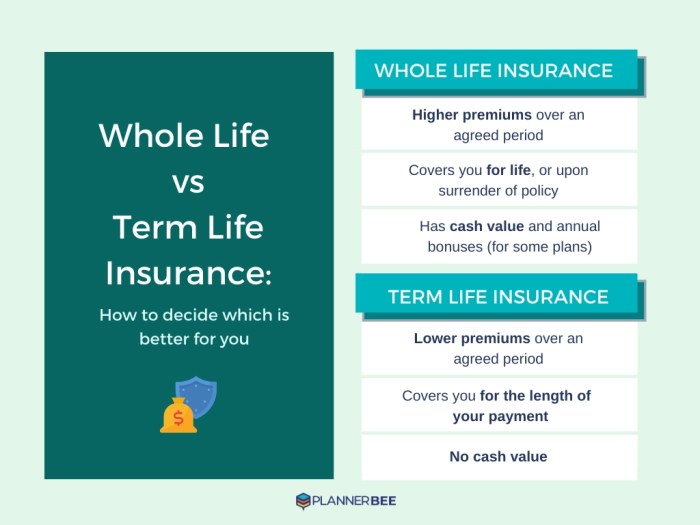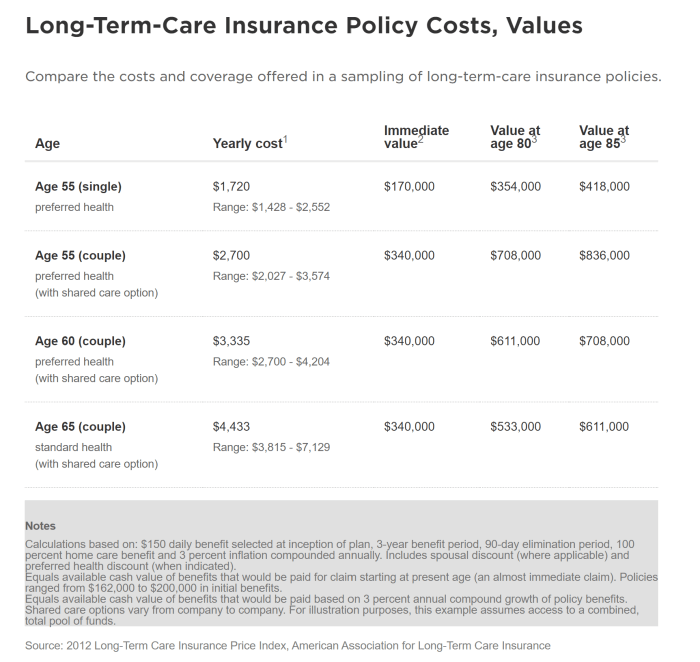The Importance of Documentation in Car Accident Cases: Attorney Car Accident Insurance

Attorney car accident insurance – Thorough documentation is paramount in successfully navigating the complexities of a car accident claim. The evidence collected directly impacts the strength of a case, influencing settlement negotiations and courtroom outcomes. A well-documented case presents a compelling narrative, supporting the claimant’s version of events and maximizing the chances of a favorable resolution. Conversely, a lack of documentation can significantly weaken or even invalidate a claim.
Documentation plays a crucial role in establishing liability, proving damages, and ultimately securing fair compensation for injuries and losses sustained in a car accident. This includes not only the factual account of the accident itself but also the extent of the resulting physical and emotional harm, as well as any financial repercussions.
Gathering and Organizing Evidence
The process of gathering evidence begins immediately after the accident. This involves documenting the scene, collecting witness information, and seeking prompt medical attention. Attorneys typically advise clients to take photographs of the accident scene, including vehicle damage, road conditions, and any visible injuries. Gathering contact information from witnesses is equally crucial, as their firsthand accounts can corroborate the client’s version of events.
Medical records, including doctor’s notes, diagnostic test results, and treatment plans, meticulously document the extent and nature of injuries sustained. These records serve as irrefutable evidence of the physical and emotional toll of the accident. All collected evidence should be organized chronologically and systematically, creating a clear and readily accessible record for review by legal professionals. A well-organized system aids in efficient case preparation and simplifies the process of presenting evidence during negotiations or in court.
The Attorney’s Use of Documentation
Attorneys utilize the collected documentation to construct a persuasive case on behalf of their clients. Police reports, often the first piece of official documentation, provide an objective account of the accident, including details about the circumstances, contributing factors, and potentially, the determination of fault. Medical records substantiate the claim of injuries and associated expenses, while witness statements provide additional perspectives and corroborating evidence.
Attorneys use this documentation to negotiate with insurance companies, build a strong case for trial, and present a convincing narrative to judges and juries. They meticulously analyze the evidence to identify inconsistencies, strengthen arguments, and anticipate counterarguments. The strength of the documentation directly correlates with the attorney’s ability to advocate effectively for their client’s interests.
Impact of Incomplete or Missing Documentation
The absence of crucial documentation can severely undermine a car accident case. For example, the lack of a police report can create uncertainty about the accident’s circumstances, potentially hindering the determination of fault. Insufficient medical records can lead to challenges in proving the extent and severity of injuries, impacting the calculation of damages. Similarly, the absence of witness statements can weaken the credibility of the client’s account, leaving the case vulnerable to counterarguments.
In some instances, missing documentation can even lead to the dismissal of a claim entirely. The absence of photographic evidence of vehicle damage or the accident scene significantly diminishes the persuasiveness of the client’s narrative. Consequently, thorough and timely documentation is not merely advisable; it is essential for a successful outcome.
Essential Documents for a Successful Car Accident Claim
A comprehensive checklist of essential documents includes: Police report; photographs of the accident scene and vehicle damage; medical records (doctor’s notes, diagnostic test results, treatment plans, bills); witness statements (including contact information); insurance information (policy numbers, coverage details); repair estimates or invoices; lost wage statements; and any other relevant documentation, such as employment records, if applicable. The completeness of this documentation is directly proportional to the success of the claim.
Financial Aspects of Car Accident Claims and Attorney Fees

The financial ramifications of a car accident can be substantial, encompassing immediate medical expenses and extending to long-term consequences impacting income and overall well-being. Understanding the various types of recoverable damages and the role of attorney fees is crucial for maximizing compensation and ensuring a fair settlement. This section details the financial aspects of car accident claims and the associated attorney fee structures.
Types of Recoverable Damages
Car accident claims typically encompass a range of damages designed to compensate the injured party for their losses. These damages can be broadly categorized as economic and non-economic. Economic damages are quantifiable financial losses, while non-economic damages represent intangible losses.
- Medical Bills: This includes all expenses related to treatment, such as hospital stays, doctor visits, surgeries, physical therapy, and prescription medications. Detailed documentation, including receipts and bills, is essential for substantiating these claims.
- Lost Wages: This covers income lost due to the inability to work as a result of the accident. Proof of employment, pay stubs, tax returns, and employer statements are crucial in establishing the extent of lost wages. Future lost earning capacity, if applicable, may also be claimed.
- Pain and Suffering: This encompasses the physical and emotional distress experienced due to the accident. This is a non-economic damage and is more subjective to assess. The severity of injuries, duration of pain, and impact on daily life are considered when determining compensation.
- Property Damage: This includes the cost of repairing or replacing a damaged vehicle, as well as any other damaged property.
Attorney Fee Arrangements
Attorneys typically handle car accident cases on a contingency fee basis. This means that the attorney’s fee is a percentage of the settlement or judgment obtained. The percentage varies depending on several factors, including the complexity of the case, the attorney’s experience, and the jurisdiction.
- Contingency Fees: This is the most common arrangement in personal injury cases. The attorney receives a percentage (often 33.3% to 40%) of the net recovery after expenses are deducted. If the case is unsuccessful, the client typically owes no fees.
- Hourly Fees: In some cases, attorneys may charge an hourly rate, especially for specific tasks or if the case is handled on a limited scope basis. This approach provides greater transparency but can be less predictable in terms of total cost.
- Hybrid Fee Arrangements: Some attorneys may combine elements of contingency and hourly fees, especially in complex cases with significant anticipated work. This approach allows for a more tailored approach to fees based on the specific needs of the case.
Calculating Attorney Fees in Successful Settlements, Attorney car accident insurance
Suppose an attorney secures a $100,000 settlement for a client under a 33.3% contingency fee agreement. After deducting $10,000 in expenses, the net recovery is $90,000. The attorney’s fee would be $30,000 (33.3% of $90,000), and the client would receive $60,000.
Determining the Value of a Car Accident Claim
Valuing a car accident claim involves a multifaceted assessment of damages. Factors considered include the severity of injuries, medical expenses incurred, lost wages, pain and suffering, property damage, and the potential for future medical expenses and lost earning capacity. Experienced attorneys use various methods, including analyzing similar cases and consulting with medical and economic experts, to determine a fair settlement value.
Negotiations with insurance companies often play a crucial role in reaching a final settlement.
Dealing with attorney car accident insurance can be a headache, especially managing client information and case details. To stay organized, consider using efficient CRM software; check out this helpful guide on small business crm software comparison to find the best fit for your law practice. The right CRM can significantly improve your ability to manage your attorney car accident insurance cases effectively and efficiently.



